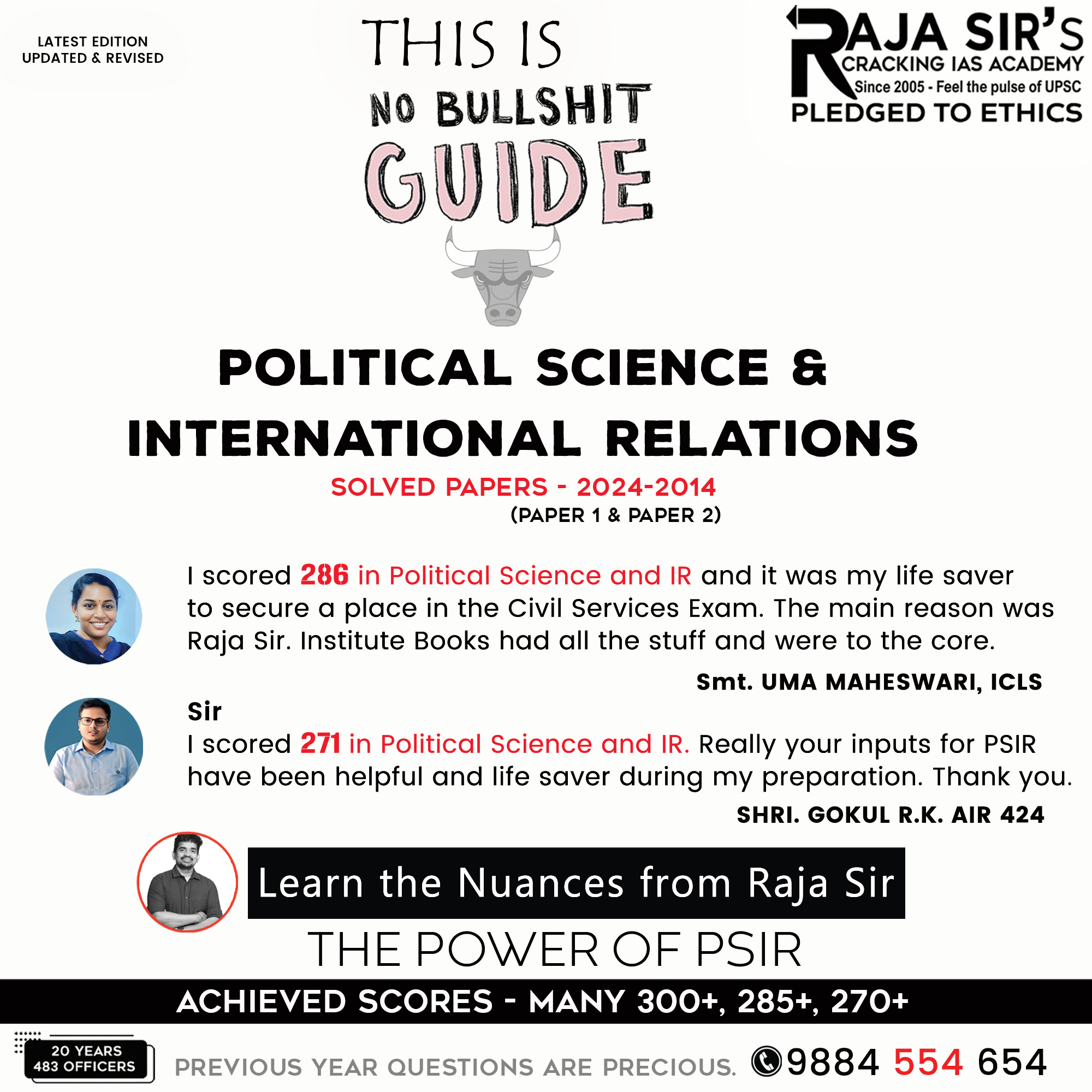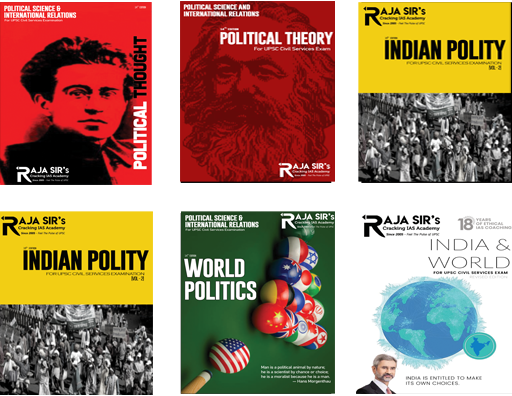- Home
- Prelims
- Mains
- Current Affairs
- Study Materials
- Test Series
Explain the Macpherson's view on power. (UPSC CSE Mains 2025- Political Science and International Relations, Paper 1). 10 Marks

C.B. Macpherson’s view on power is rooted in his critique of liberal democracy and capitalist society. He challenges the traditional notion of power as mere control or domination, instead proposing a more nuanced understanding that distinguishes between different types of power and their effects on human development. His view on power is centered around the concept of possessive individualism.
- Possessive Individualism: He argued that liberal societies are built on the idea that individuals own themselves and their capacities. This leads to competition, commodification of labor, and inequality.
- Relational Power: Power is not a fixed trait but emerges through relationships—between citizens and institutions, employers and workers, or governments and governed.
- Developmental Power: True power should help individuals flourish. He believed democracy should empower people to realize their full human potential, not just protect property rights.
- Extractive Power: This refers to the ability of elites or institutions to extract resources, labor, or value from others—often without reciprocal benefit. In capitalist systems, extractive power manifests in:
- Employers profiting disproportionately from workers’ labor
- Corporations exploiting natural resources or communities
- Governments using taxation or regulation to benefit dominant classes
He sees extractive power as a distortion of democratic ideals, where power serves accumulation rather than emancipation.
- Critique of Capitalism: Capitalist markets concentrate extractive and possessive power, undermining democratic participation and reinforcing structural inequality.
- Democratic Redistribution: He advocated for participatory democracy that redistributes both political and economic power—challenging extractive systems and enabling collective decision-making.
- Ethical Use of Power: Power should be exercised to uplift others, not exploit them. Extractive power, by contrast, is ethically corrosive and socially destabilizing.
Ultimately, Macpherson envisions a humanist democracy that blends socialist principles with democratic institutions. This model would reduce extractive power and promote developmental power, allowing individuals to engage fully in political life and contribute meaningfully to society.
Macpherson’s theory is thus a powerful call to rethink democracy—not just as a set of procedures, but as a system that genuinely empowers people.










 Latest News
Latest News

 General Studies
General Studies